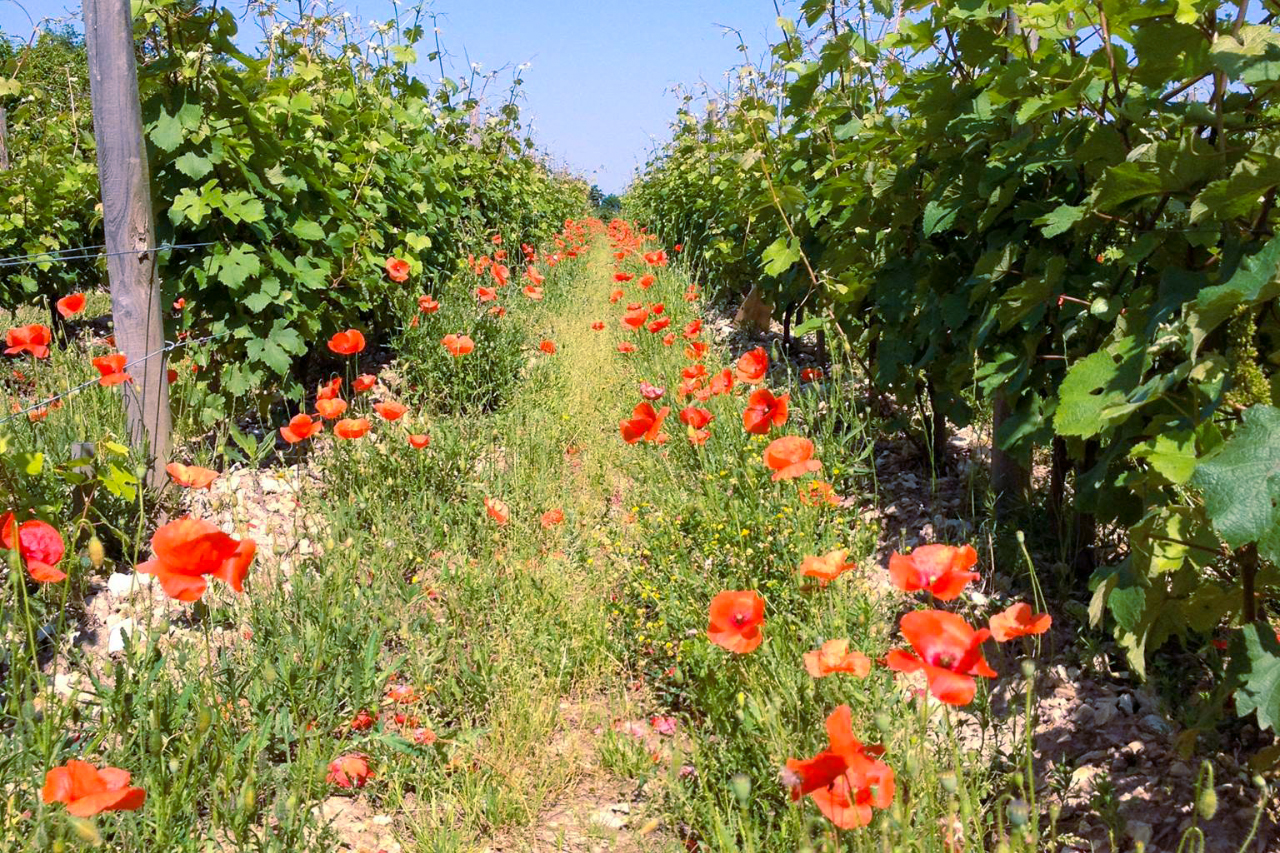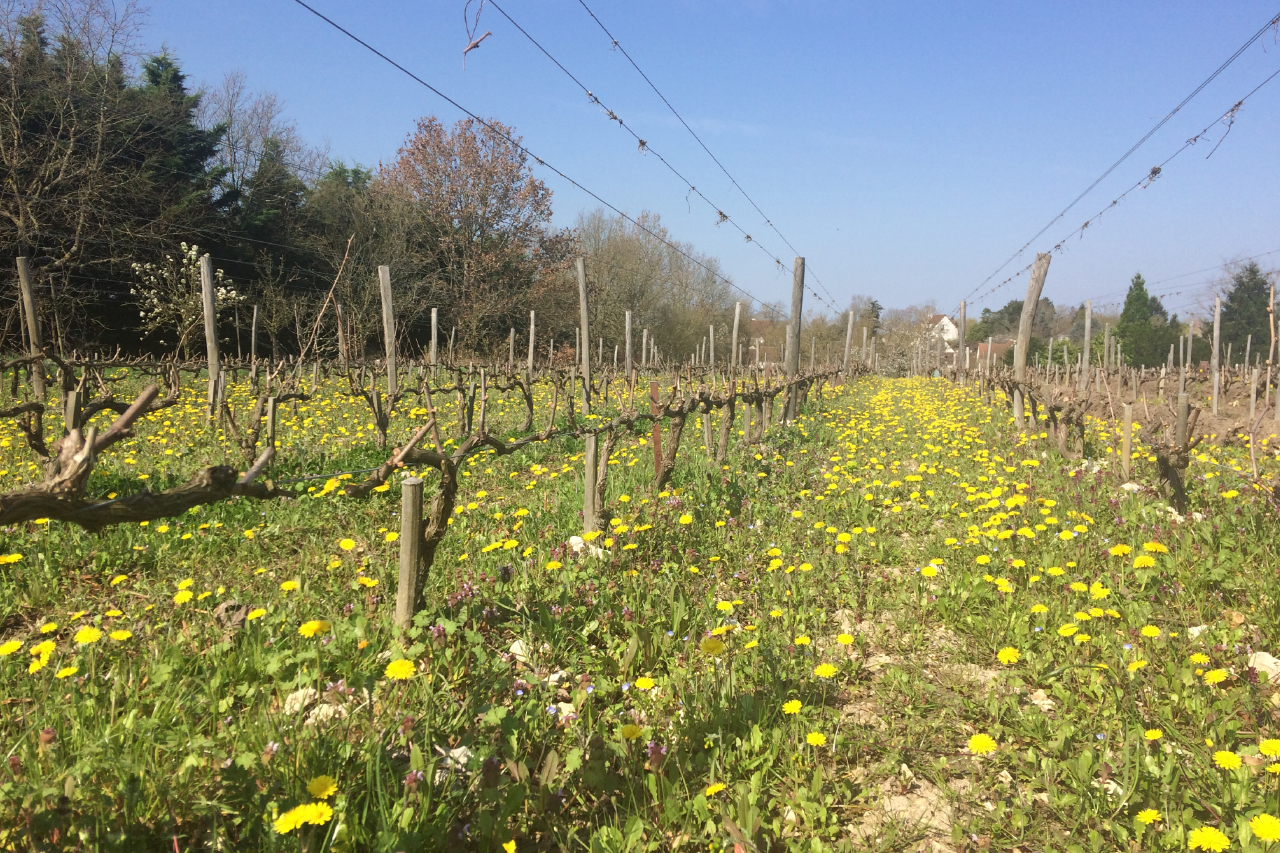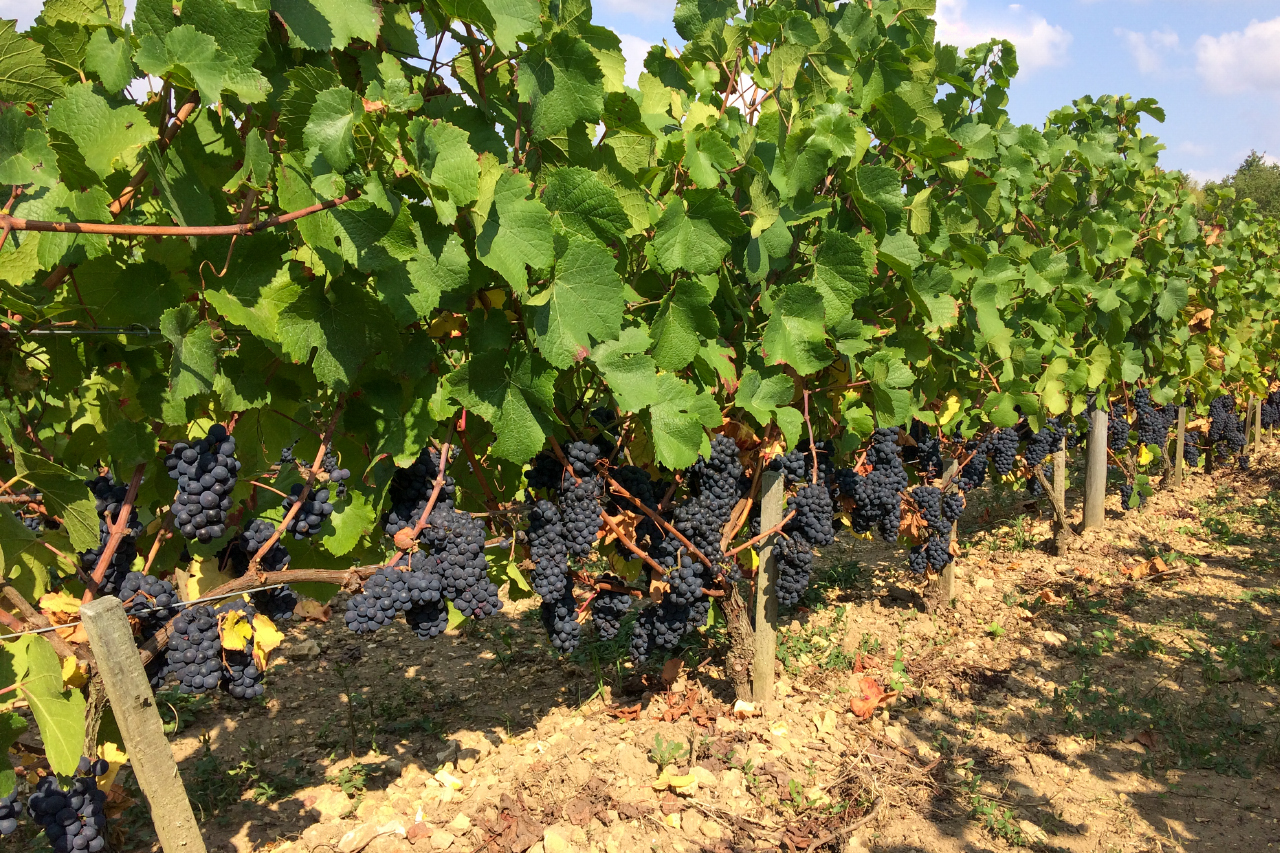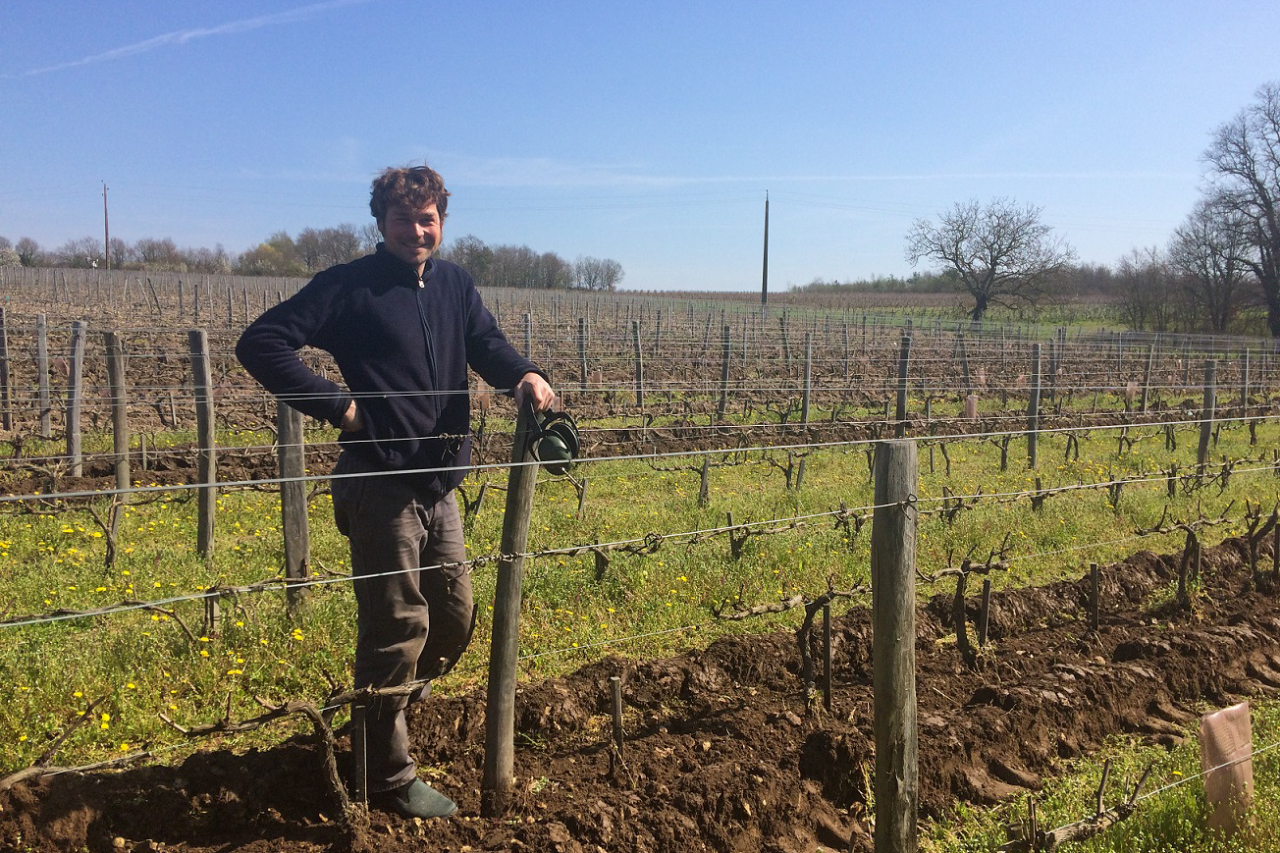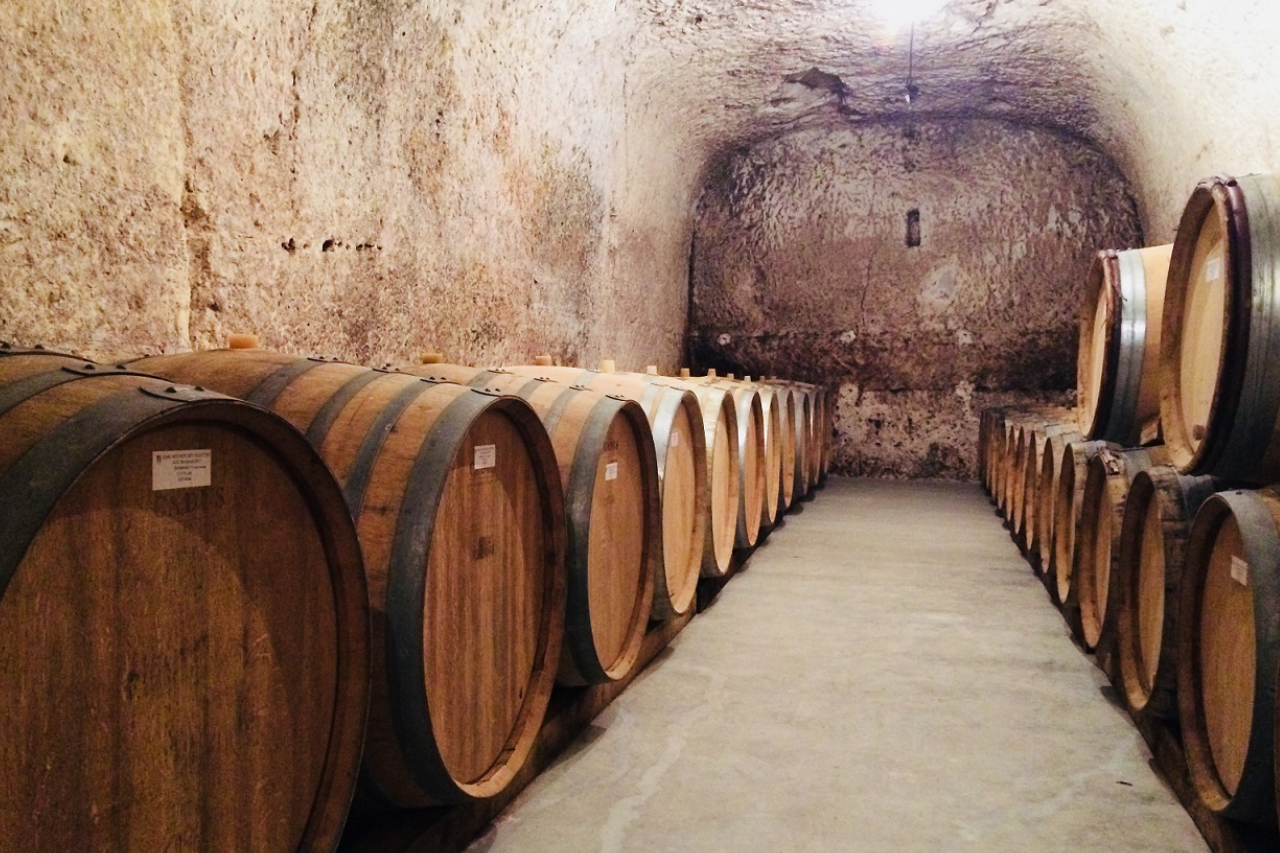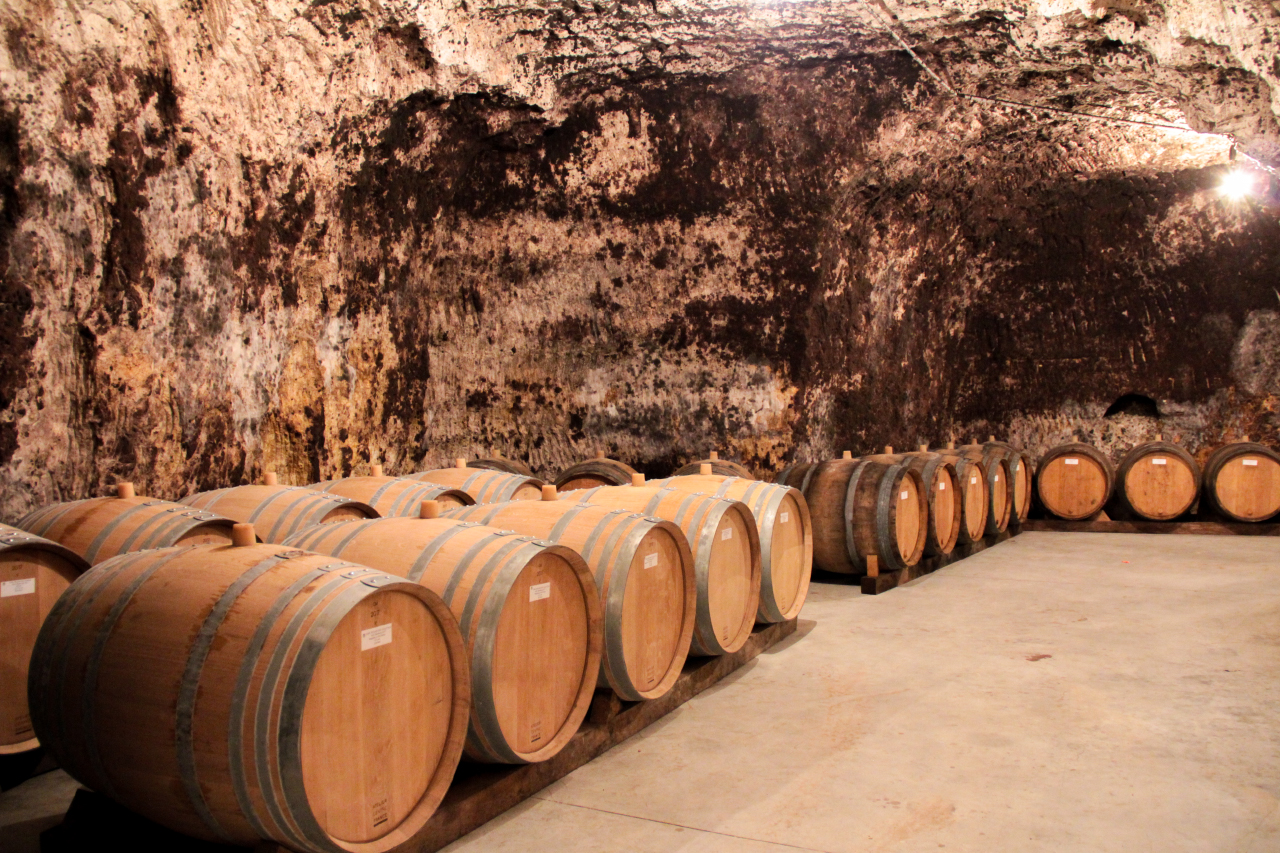

It is easy to imagine Vouvray and Montlouis staring nervously at one another over the Loire. For decades Vouvray had […]
Keep ReadingIt is easy to imagine Vouvray and Montlouis staring nervously at one another over the Loire. For decades Vouvray had the upper hand, but its oft-times sleepy and aristocratic sense of superiority hid a tendency to view innovation and change as just as significant an opponent as Montlouis. Montlouis, for its part, became a hotbed of innovation as younger growers flocked there to purchase old vines of Chenin at more affordable prices and on terroirs quite similar to the looming neighbor to the north. While this description of a sibling rivalry may seem overly dramatic, it seems odd that Vouvray has singled out the most talented Montlouis-based growers and prevented them from labeling any wines they make from vineyards in Vouvray as Vouvray if they are vinified in their cellars across the river in Montlouis. The short transit across the Loire apparently robs them of their sense of place.
Just what are the differences between Vouvray and Montlouis? The consensus is that the soils in Montlouis are sandier, which is generally the case. Still, if you compare the top sites on the Première Côte of Vouvray to the top sites in Montlouis, they are strikingly similar. The significant difference isn’t soils so much as geography. The best vineyards in Vouvray are situated above the humid, low-lying plain formed by the Loire and Cisse, leading to the development of botrytis. Yet, with a prevailing warmer and drier climate in the region and the decreasing appreciation for Chenin’s sweeter styles, this distinction is quickly fading. Tasted blind, many of the best bottles of Vouvray and Montlouis cannot be distinguished based solely on the appellation of origin, only on their quality. So if the top growers in Montlouis are not on your radar, then you’re missing some of the most precise, pure, and expressive renditions of Chenin made at comparatively bargain prices. Enter Xavier Weisskopf and Le Rocher des Violettes.
Xavier was born in Picardy in northern France, so obviously not to a winemaking family. However, an early interest in wine led him to Chablis, which only confirmed his desire to become a winemaker, so he moved to Beaune to begin his formal studies. After graduation, Xavier took a position with Saint-Cosme in Gigondas to learn his trade more hands-on with Louis Barruol. After four years in Gigondas, an opportunity arose in 2005 that he could not pass up in the form of a 15th-century tuffeau cave outside St-Martin le Beau along with 7 hectares of old vines of Chenin and Côt. Today his estate, Le Rocher des Violettes, is 17 hectares in size. There are nine lieux dits that Xavier farms with vines ranging in age from 5 years old to the oldest vines dating to the first replanting after phylloxera and nearing 130 years old. Many of his cuvées are from a single terroir, and the younger vines are all propagated using selection massale. The primary soil type is clay-limestone with varying amounts of gravel, but all are over tuffeau bedrock. Farming is certified organic by Ecocert, and harvest is manual. Fermentations are spontaneous in stainless-steel tanks or mainly neutral French oak barrels. While admittedly, we share Xavier’s love of pure and riveting Chenin Blanc in its many guises, which he has certainly mastered in Montlouis, we have to admit that his red wines from the Touraine are some of the most complex and satisfying we’ve tasted in a long while.
Close

